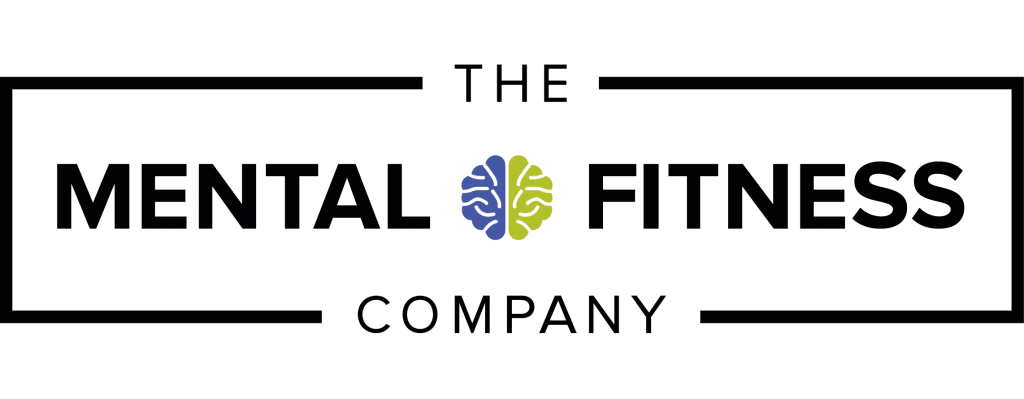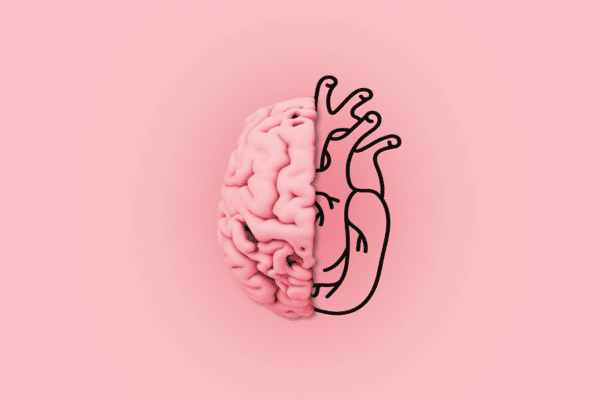Every one of us has at some time or another had periods of poor sleep. I need my sleep, 7-8 hours is great and I feel alive in the morning, but like many the mornings when i have had poor sleep – wow- how hard are those days o get motivated, to not feel like you want to call and cancel clients or at some really bad times I have literally fallen asleep at my computer at 2pm in the afternoon.
Sleep is an important part of our daily routine—we spend about one-third of our time doing it. Quality sleep – and getting enough of it at the right times — is as essential to survival as food and water. Without sleep you can’t form or maintain the pathways in your brain that let you learn and create new memories, and it’s harder to concentrate and respond quickly.
Sleep is important to a number of brain functions, including how nerve cells (neurons) communicate with each other. In fact, your brain and body stay remarkably active while you sleep. Recent findings suggest that sleep plays a housekeeping role that removes toxins in your brain that build up while you are awake.
Sleep affects almost every type of tissue and system in the body – from the brain, heart, and lungs to metabolism, immune function, mood, and disease resistance.
Science and research shows that getting poor quality sleep regularly, increases the risk of disorders including high blood pressure, cardiovascular disease, diabetes, depression, and obesity. In fact there’s a close relationship between sleep and mental health. Living with a mental health problem can affect how well you sleep, and poor sleep can have a negative impact on your mental health.
Does this cycle look familiar?

Over the years I have discovered ways to help me sleep but sometimes the methods that I’ve used before to help me sleep won’t work as well, and that’s OK, things change. I then just try different things until I find what works again
The things that work for me are establishing a regular sleeping pattern by going to bed and waking up at roughly the same time every day. My routine! I prepare my brain and body for sleep, and get up at a similar time 7 days a week. It then understands what’s happening.
If I wake up in the night I find breathing exercises help –breathing into my belly (not my chest) then out through my nose, making my out-breath longer than my in-breath; it works more times then not.
Muscle relaxation – consciously tense and relax your muscles, one after the other, starting with your toes and working up your body until you reach the top of your head;
Visualisation – picture a scene or landscape that has pleasant memories for you or sometimes I just see 1 colour and say that colour name over and over in my head. Works a treat!.
You may want to experiment with the temperature, light and noise levels to work out what works best for you. On the whole, dark, quiet and cool environments generally make it easier to sleep, but this will vary from person to person.
Keeping a sleep diary is a good idea as it will help you see patterns if you are an irregular sleeper. You may find it difficult to work out what’s affecting your sleep. A sleep diary involves recording information about your sleep habits to help you understand your sleep problem and what’s affecting it.
A sleep diary could include information about:
- what time you go to bed and what time you get up
- total number of hours of sleep
- overall quality of sleep, ranked 1–5
- how many times you wake up in the night, how long you are awake and what you do while you are awake
- whether you have nightmares, night terrors or sleep paralysis, or have sleepwalked during the night
- whether you sleep during the day, and for how long
- any medication you’re taking, including dose and what time you take it
- the amount of caffeine, alcohol or nicotine you hav
- the amount of physical activity you do
- what you eat and drink
- your general feelings and moods, including any anxious and repetitive thoughts.
If you’d like my sleep diary template click here
When life is feeling a bit crazy I found meditation and writing down my feelings in a little notebook before I settled down for bed really helped. I must say that often if I sleep poorly it’s because I haven’t had enough physical exercise during the day.
Anyway we know that sleep is our lifeline to productivity and happiness and good mental fitness so it’s worthwhile finding out and persisting to find the right solutions for you!
Let’s get in touch and work together to make the change impactful, or you can visit our website to find out more!






